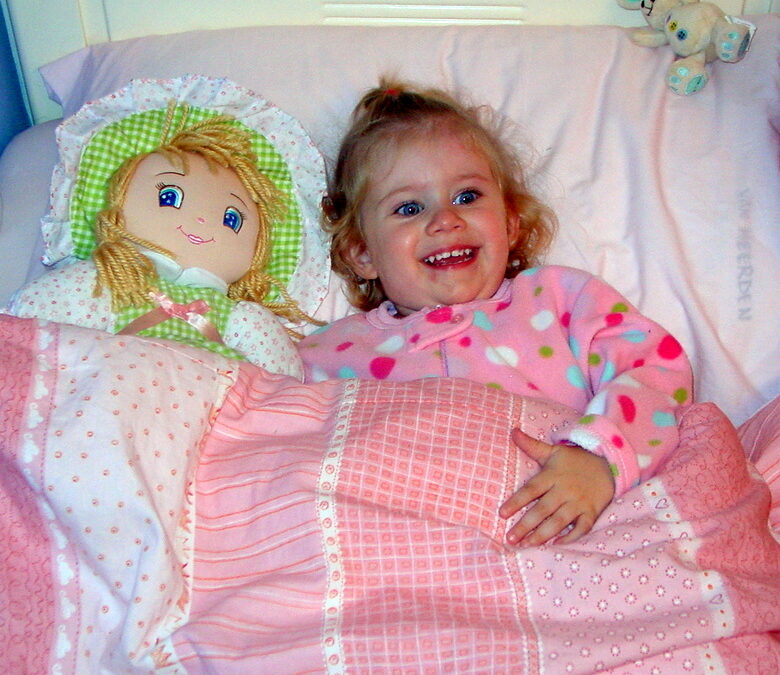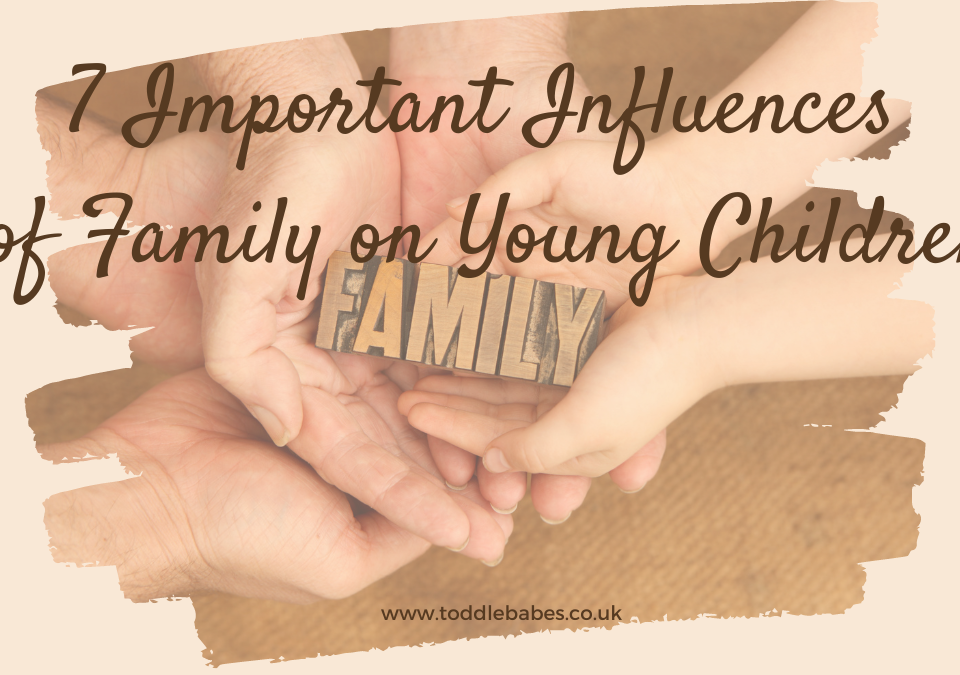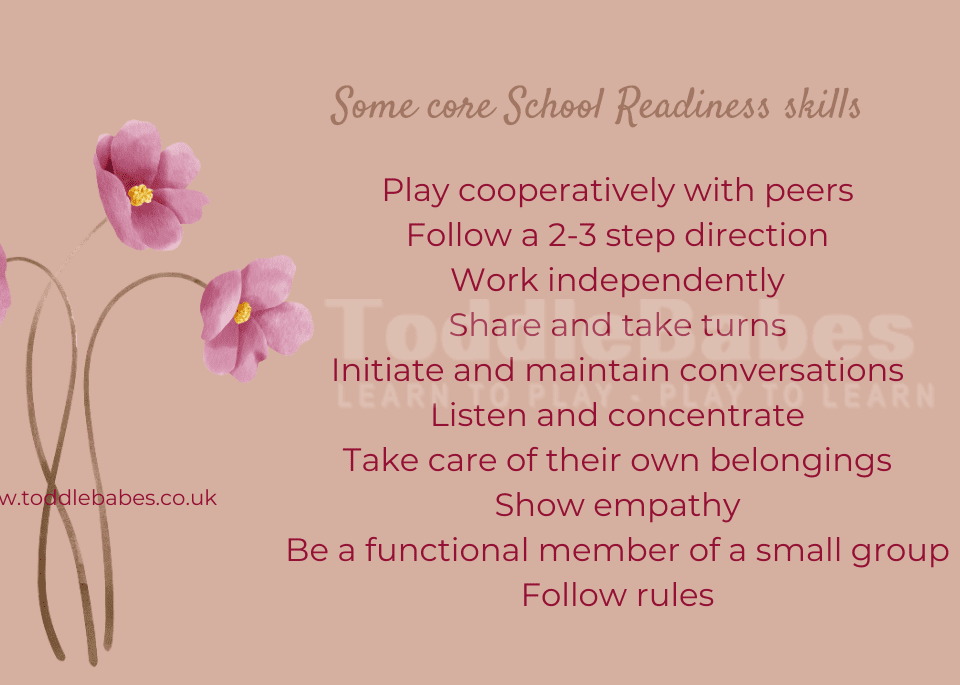
So I’m the guinea pig?

Tantrums and Tiaras

Bedtime routines and rituals are very important for most children in establishing positive sleep patterns and in developing a sense of security and stability. In this article, you will learn how to make bedtime a lot easier, as well as find tips to promote connection and calm with your child at the end of the day.
Table of Contents
The importance of setting a bedtime routine
Your child will benefit from a set bedtime. Pick a time for bed that is reasonable for your child according to their age and which you know you can consistently provide.
Establish a bedtime routine that can provide predictability and a comforting, familiar pattern.
What makes a good bedtime routine?
A consistent bedtime routine helps children to sleep better and for longer which means healthier, happier children. Bedtime rituals can be beautiful, powerful ways to bond and connect with your children and become treasured memories for you all. A positive bedtime routine will help teach your child to calm down, relax and get ready to sleep. However, not every technique works for every child. For example, if bathing is stimulating or frightening for your child, it’s probably a better idea to do it at another time of day rather than right before you want your child to calm down and go to sleep.
A bedtime routine involves doing similar activities in a similar way each night. Incorporate activities that you know have a calming effect on your child into their bedtime preparatory routine. Keep the routine short and sweet. It should realistically only consist of four to six steps that can be completed in a reasonable time frame, not drawn out into hours on end each night. Even creating an understandable and structured visual pattern (a simple poster with pictures of each bedtime activity in order) can assist this process and can provide reminders and consistency for the whole family.
Activities to consider adding to your bedtime routine
- Brushing teeth and putting on pyjamas: Encouraging self-care and independence helps build confidence.
- Telling your children that you love them, are proud of them etc: use your words to boost your child’s self worth by sharing with them the ways in which their presence in your family is important and valued. Perhaps you might like to share 5 favourite things about your child with them.
- Giving them time to talk: you can often find out a lot about your child’s day, their feelings, their fears and their dreams by allowing them to simply chat to you for a few minutes at the end of the day. Reviewing the day with your child by providing prompts can help her process her experiences and remind them of anything they wanted to tell you. Use “what, where, when, how and who” questions to make them think about their day.
- Reading a favourite book each night has the added bonus of learning new concepts, vocabulary and pre-reading skills or even consolidating reading skills in older children. Whether you read out loud or they do, it is an effective way to calm down after the day.
- Getting a last drink of water and tucking them in: This simple nurturing act makes children feel comforted and loved.
- Giving a good night cuddle: hugs and cuddles are a great way to share love with your child without saying anything.
- Listening to audio books or mindfulness meditations: There are many free audio books and guided meditations you could listen to together.
- Sing a few lullabies or favourite songs: you could sing to your child or take turns singing simple lullabies or nursery rhymes. Just be sure not to choose ones with lots of actions!
- Talk about the next day: Lay out clothes or pack your school bag for the following day and talk about what they have to look forward to.
- Reading a favourite book each night, brushing teeth, having a glass of water, and saying a goodnight prayer can all be calming, soothing activities for a young child to perform each night routinely. Hugging and kissing family members is usually also an integral part of the process, of course!
Disruptions to your bedtime routine
There are those nights or times when circumstances prevent your child from getting to bed at their usual time. Be sure not to shortchange the process when this happens, but keep in mind that each step can be shortened significantly in order to prevent long frustrations at a time when everyone is tired.
- Limit those afternoon naps: As your baby gets older, up to about 2 years of age, she’ll still be sleeping 13-14 hours, but the amount of daytime sleep will diminish month-by-month. By age 2, your baby should be sleeping through the night with a 2-hour nap during the day. Again, this will vary by child. Your baby might need a slightly longer nap or two short naps. At this age though, try to discourage naps too late in the afternoon, as this can make it harder to get them to sleep a few hours later at bed time. Most children stop napping at around 3-5 years of age. If your child is over five years old and is still napping during the day, keep the nap to no longer than 20 minutes and no later than early afternoon. Naps that are longer or later in the day can make it harder for children to get to sleep at night.
- Self soothing: If your child will to go to bed only if you’re around, she’s forming bad habit that will be hard to break later. The best lesson you can teach her is how to soothe herself to sleep. Follow your nightly bedtime routine (bath, books, and bed, for example) so she knows what’s expected of her and what to expect at night. You can tell her that if she stays in bed you’ll come back in five minutes to check on her. Let her know that she’s safe and that you’ll be nearby. (There are a variety of techniques that you can try- take a look at some of our other sleep related articles).
- Don’t negotiate: Toddlers are great negotiators, and they’re no different when it comes to bedtime. And because they so enjoy the time they spend with you, they’ll do what they can to prolong the time they have with you. Your child may take her time doing her usual bedtime routine, ask repeatedly for a glass of water, or keep requesting that you come to her room because she needs something. If you suspect she’s stalling, don’t let her. Tell her it’s time for bed and that she can finish working on her art project the next day or find the stuffed bunny the following morning. Make the nighttime routine more “business like” when you kiss your baby and tuck her in. Don’t wait around for your baby to fuss. Just leave and close the door and wait about ten minutes before you go back in the room. Sometimes it’s just a battle for control. Your toddler wants to control her environment as much as possible. You can’t force her to fall asleep. Try reverse psychology and tell her she doesn’t have to go to sleep, but can play in her cot. Eventually, she’ll fall asleep on her own.
Whatever you do during your bedtime routine, remember to be consistent. Try your best to make the routine predictable and enjoyable for you and your child. Stick to a regular time slot each evening and use that time to connect with your child at the end of their day. Consciously being responsive to your child’s emotional and developmental needs for connection and play during the bedtime routine, will not only make bedtime easier for all involved, it will also allow you to end the night on a positive note.
I am a preschool and primary school teacher and mum to 3 children. I have been involved in education since 1997 and have trained in a variety of educational specialist areas. It is with this expertise that I write articles to help parents and educators provide quality learning experiences for the children in their care.




